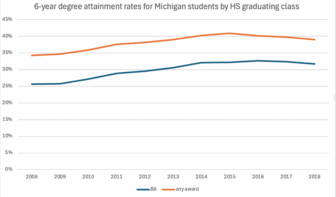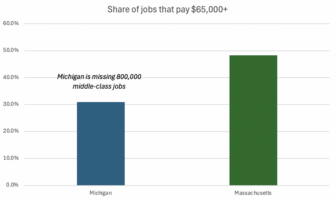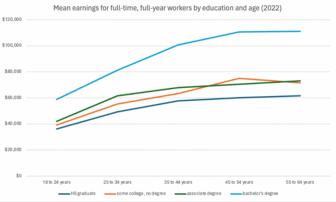Thought provoking article in the American Prospect about the work of Richard Florida. It is critical of him on a variety of fronts, but particularly his selling his ideas in speeches and consulting to many small to mid size cities and regions who he now has decided have little or no chance to retain and attract the creative class. Florida in a March, 2008 article in the Atlantic laid out his new thinking that some places in American are going to be winners and some losers in the transition to what he would describe as a creative economy and there is little policy makers can do to effect that. In essence writing off a large proportion of America in terms of participating to any significant degree in the growing and high wage part of the American economy.
As the American Prospect article lays out there are lots of Florida’s ideas that are controversial. Lots of folks think his approach to economic growth is misguided. We will explore some of those issues in future posts. For now I want to focus on the geographic winner and loser question.
We wrote in our 2006 New Agenda report that talent is concentrating in big metros and a few mid size metros with major research universities. And because of that trend (apparently global, not just in the US) that the keys to recreating a high prosperity Michigan are primarily metro Detroit and to a lesser degree metro Grand Rapids and metro Lansing. This doesn’t sit well with most folks in the rest of Michigan. They want their communities to participate in the growing, high wage portions of the national economy as well.
But if our analysis is right, it’s not something that small metros and rural areas can do. They simply don’t have the assets – density being the most important – to create, retain and attract either knowledge-based enterprises or college educated adults at scale. So the new Florida analysis is likely right. That there are many places across the country that are unlikely to succeed– no matter how many resources they throw at it – to create places where talent will concentrate. Florida deserves the criticism that he sold many communities – including in Michigan – an unrealizable growth strategy.
What I think is wrong with his new analysis is that he also seems to writing off many big metros. The fact that Michigan’s three largest metros are not now talent magnets nor do they have the assets needed to become one, doesn’t mean that it can’t change. As we explore in our next annual progress report, Pittsburgh has gone from a declining industrial region to a flourishing knowledge economy. If they can do it, so can our three largest metros.






